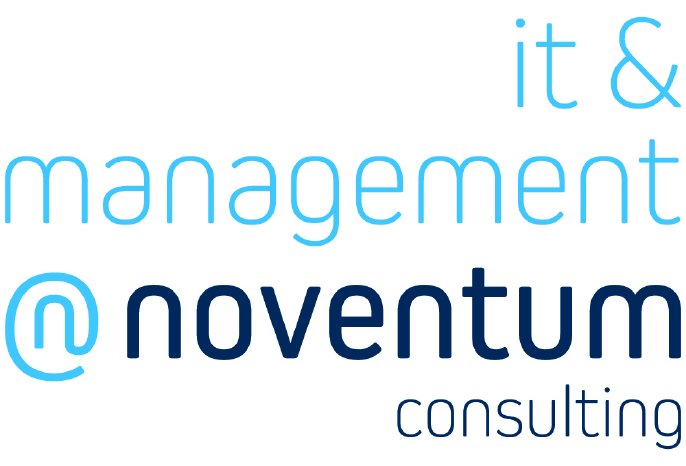RPA is already standard for many companies
Business processes with repetitive activities and definable workflows can be automated cost-effectively and often completely with Robot Process Automation (RPA). With RPA platforms such as UiPath or Automation Anywhere, cost-effective "off-the-shelf" automation is possible. As a result, surprisingly fast ROIs are regularly achieved in RPA projects. In particular, if the automated process (step) is associated with a high volume of work, a great deal of time can be saved. An increase in quality and savings in opportunity costs are also typical results of process automation.
This type of automation requires significantly less effort than automation through programming. Once the automated process is fully developed, changes are usually only necessary if the user interface of an application is changed without an interface.
Generative AI (GenAI) ‘thinks’ for itself
The major weakness of RPA to date has been the processing of unstructured data. In these cases, AI must be integrated into the automation solution. AI increases the potential of automation enormously by transferring unstructured process inputs into the required format and thus processing them automatically. For example, differently formatted and structured input documents can be analysed and transferred into a standardised target document and are therefore optimised for automated processing.
Another weakness of RPA was the creation of variable outputs that go beyond building block systems. For example, the texts of an RPA bot are either predefined or composed of certain building blocks. If this step is handed over to a generative AI, customised texts can be created. This means that even customer newsletters can be written by an IPA bot, which is enabled to send customer-relevant texts based on documents, product descriptions, etc.
One concrete example is the use of IPA instead of pure RPA in complaint management. While RPA systems can automatically answer simple queries such as status updates or standard complaints, IPA enables the processing and answering of complex customer complaints that require an analysis of emotions and the context of the problem. IPA can recognise the mood in the communication, merge relevant customer data from different systems and generate a personalised response that is specifically tailored to the customer's individual needs and previous experiences. This increases customer satisfaction and optimises the workload in customer service.
As the common RPA platforms already have a range of AI tools integrated, the combination of these two automation approaches is often low-threshold. However, other AI models such as ChatGPT can also be used for an IPA bot.
In addition, the issue of data protection must not be overlooked with conventional AIs. The input used to compile the AI prompt must be able to anonymise itself in an automated process and decrypt itself again after processing by the AI. If, for example, personal data is passed on to an AI data centre without consent, there is a risk of compliance problems.
Read the complete article at nc360°, the noventum consulting Info-platform
- IPA and Change Management
- IPA is at the forefront of digital transformation
- Download of Info-broshure



